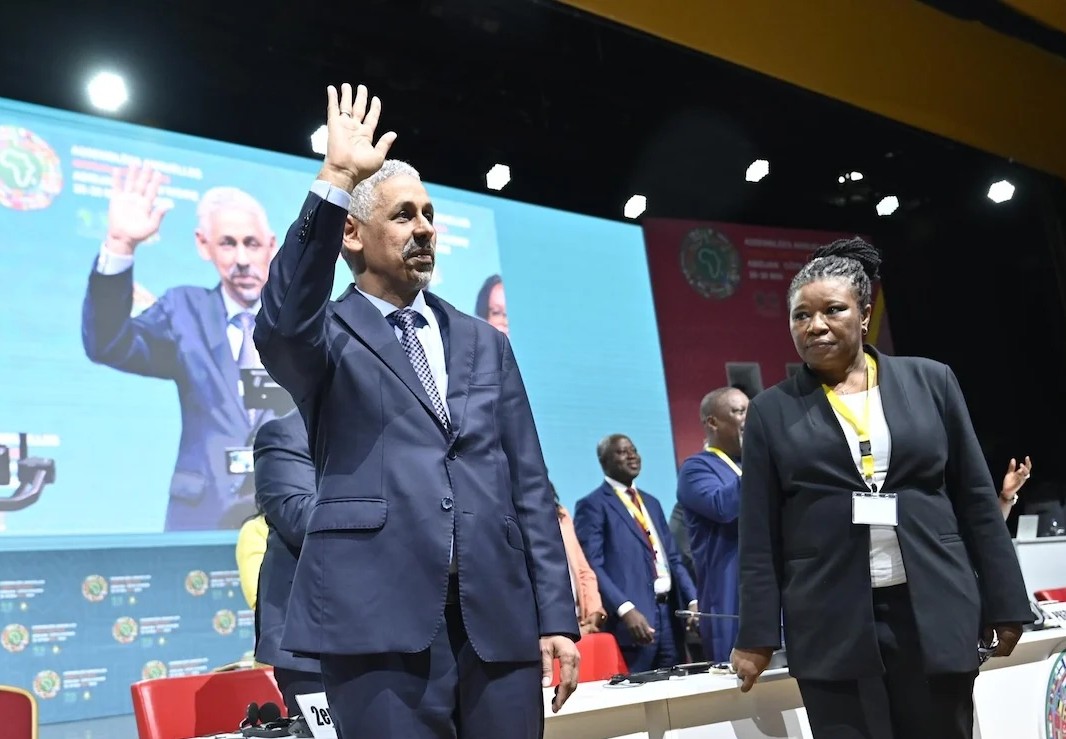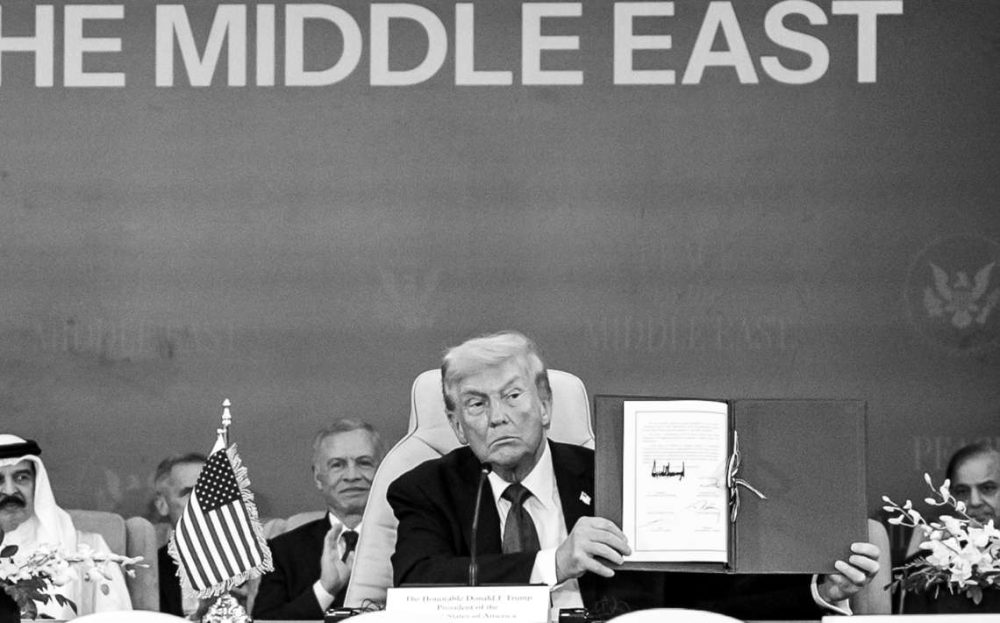Tah, a seasoned economist and development financier, will formally assume office on 1 September 2025, taking over from Nigeria’s Dr. Akinwumi Adesina
Sidi Ould Tah of Mauritania has been elected as the new President of the African Development Bank (AfDB) Group following a decisive vote by the institution’s Board of Governors. The announcement was made during the Bank’s Annual Meetings held in Abidjan, Côte d’Ivoire, marking a pivotal moment for Africa’s premier development finance institution as it enters its seventh decade of operations.
Tah, a seasoned economist and development financier, will formally assume office on 1 September 2025, taking over from Nigeria’s Dr. Akinwumi Adesina, who completes his second term this year. Tah’s appointment was confirmed by Nialé Kaba, Côte d’Ivoire’s Minister of Planning and Development and Chair of the Board of Governors, after he secured the required majority—more than 50.01% of both regional and non-regional votes.
With over 35 years of experience in African and global finance, Tah brings a strong track record of leadership and reform. He most recently served as President of the Arab Bank for Economic Development in Africa (BADEA) from 2015 to 2025, during which he led a sweeping institutional transformation. Under his leadership, BADEA’s balance sheet quadrupled, and the institution achieved a AAA credit rating, positioning it among Africa’s most trusted and effective development financiers.
Tah most recently served as President of the Arab Bank for Economic Development in Africa (BADEA) from 2015 to 2025, during which he led a sweeping institutional transformation.
Reacting to his election, Tah kept his remarks succinct yet purposeful: “Let’s go to work now, I’m ready!” His words underscored the urgency and ambition that many hope he will bring to the Bank amid a challenging development landscape for Africa.
A former Minister of Economic Affairs and Finance in Mauritania, Tah has held high-ranking positions in multilateral institutions and has been instrumental in implementing crisis response mechanisms, financial reforms, and pioneering innovative financing for development in Africa. His career spans both public and international financial sectors, making him a well-rounded figure at a time when the continent seeks to bolster resilience and accelerate growth.
Tah was one of five candidates shortlisted by the Board of Governors Steering Committee by the 31 January 2025 deadline. Other contenders included Amadou Hott (Senegal), Samuel Maimbo (Zambia), Mahamat Abbas Tolli (Chad), and Bajabulile Swazi Tshabalala (South Africa). His selection is seen as a vote of confidence in his ability to steer the Bank into its next chapter with effectiveness and vision.
The election comes at a crucial time. Africa is facing mounting pressure to deliver on the African Union’s Agenda 2063 and the United Nations’ Sustainable Development Goals amid economic headwinds, climate shocks, and geopolitical uncertainties. The AfDB, under Tah’s leadership, is expected to double down on its strategic framework, known as the “High 5s”: Light up and Power Africa, Feed Africa, Industrialise Africa, Integrate Africa, and Improve the Quality of Life for the People of Africa.
The 2025 Annual Meetings, held from 26 to 30 May under the theme “Making Africa’s Capital Work Better for Africa’s Development,” brought together finance ministers, central bank governors, and development partners to discuss how to better harness the continent’s financial resources. As Tah prepares to take office, expectations are high that he will help mobilise both domestic and international capital to meet the continent’s growing infrastructure and social development needs.
The African Development Bank Group consists of three entities: the African Development Bank, the African Development Fund, and the Nigeria Trust Fund. Its membership spans 81 countries, including 54 regional member states and 27 non-regional partners, making it one of the most geographically diverse multilateral development institutions in the world.
Tah becomes the ninth president of the Bank since its founding in 1964. His predecessors include figures from across the continent who have each shaped the institution’s evolution in line with Africa’s development trajectory. With a new leader at the helm, the AfDB is poised to chart a bold new course in pursuit of inclusive, sustainable growth for all Africans.









